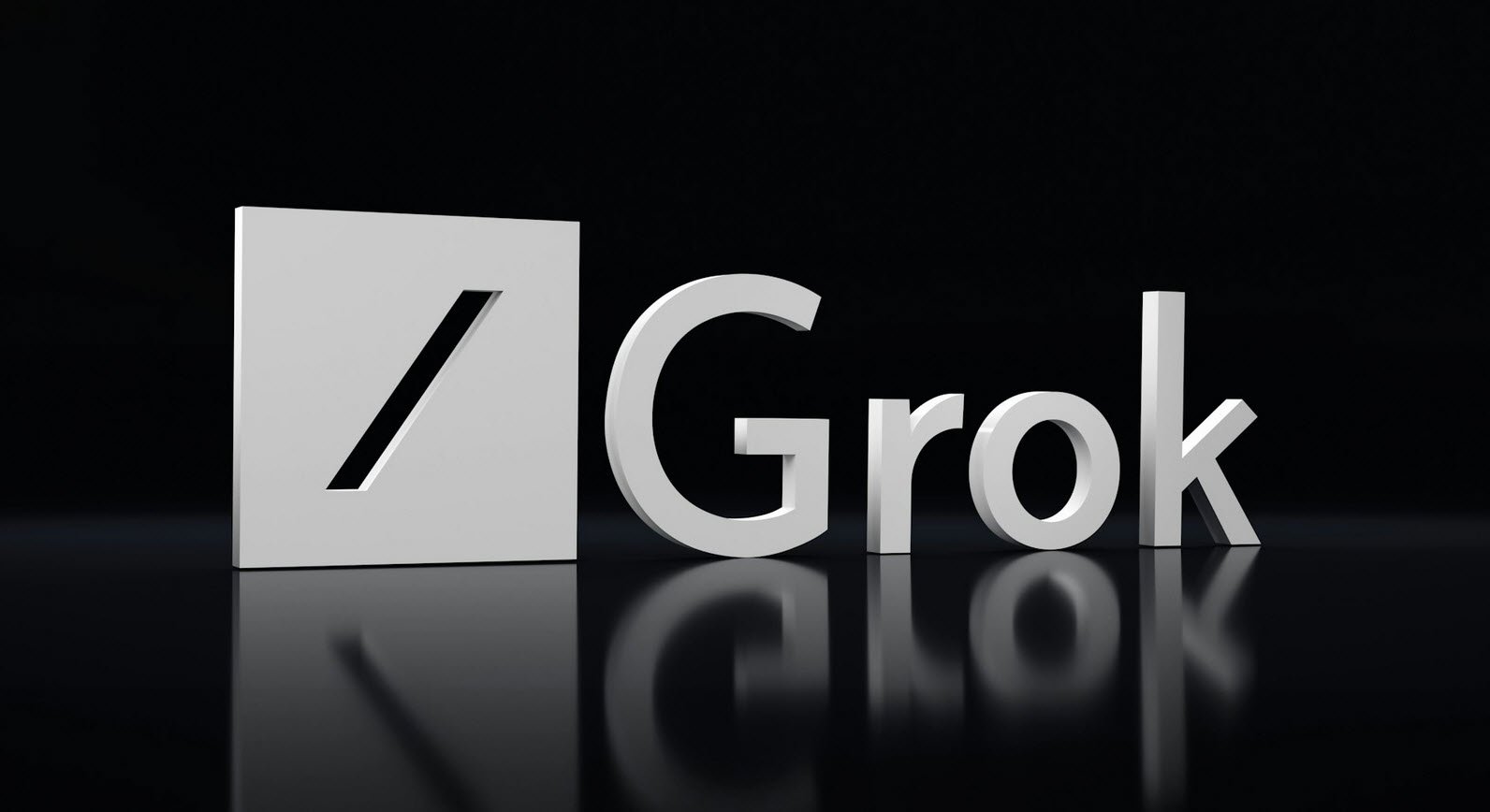
In the dynamic world of freelancing, establishing a blog can serve as a powerful tool not only for expressing your thoughts and insights but also for building your personal brand. While it may not make you millions, a well-crafted blog can generate small amounts of revenue and, more importantly, enhance your credibility, diversify your income streams, and attract potential clients.
In this article, we’ll explore into the strategies that freelancers can employ to transform their blogs into impactful personal brands.
1. Diversify Your Revenue Streams
Freelancers like Chris McConnell understand the importance of diversification. Building a blog can be a natural extension of your freelance business, providing an avenue for additional income through ad revenue and affiliate recommendations.
By creating secondary sources of revenue, freelancers can mitigate the risks associated with relying solely on client projects. Whether it’s sharing unused ideas, industry knowledge, or product recommendations, your blog can become a valuable asset that contributes to your overall financial stability.
2. Integrate Your Blog with Your Services
Your blog is not just a separate entity; it can seamlessly integrate with your freelance services, acting as an extension of your professional portfolio. As mentioned in the Marketing chapter, genuine engagement and dialogue with your audience can generate more leads than traditional advertising. Use your blog to showcase your expertise, share industry insights, and demonstrate your skills.
This not only introduces your services to a broader audience but also establishes credibility within your field.
3. Craft a Compelling Story
Every successful blog has a story to tell. As a freelancer, it’s essential to define the narrative of your blog. Identify the niche interests or problems that your content addresses. Whether you’re a storyteller or a problem-solver, ensure that your blog provides valuable content to your readers. Knowing the “story” of your blog helps in maintaining a consistent theme and connecting with your audience on a deeper level.
4. Choose Relevant Topics
While your blog may be linked to your professional portfolio, remember that you’re not necessarily writing for your professional colleagues alone. Balancing expertise with accessibility is crucial. Select topics that relate to your industry and services but also cater to a broader audience.
Real-world examples and focused, direct writing can resonate with both experts and interested amateurs, making your content more engaging and shareable.
5. Personalize Wisely
Decide in advance how personal you want to be on your blog. Adding a personal element creates a connection with your audience, but you need to strike the right balance. Share anecdotes or insights that align with your professional persona, steering clear of overly personal details. The aim is to humanize your brand without compromising professionalism.
6. Humor with Care
Humor can be a powerful tool in capturing your audience’s attention, but it must be used judiciously. Tone is challenging to convey through text, and humor that misses the mark may be misunderstood. Inject light-hearted articles strategically, ensuring they align with your overall brand image and resonate with your audience.
7. Uphold Professionalism
Maintain a positive and professional tone in your blog. Never bad-mouth your clients, especially by name. If addressing challenges or negative observations, present them in a wider context and offer constructive solutions. Potential clients should perceive you as reliable, positive, and professional through your blog content.
8. Consistency is Key
Building a successful blog requires consistency. Just as discussed in the Marketing chapter on social media, reliability is crucial. Establish a publishing schedule and stick to it. Readers appreciate regularity, and a consistent content stream builds trust and anticipation. While occasional disruptions are understandable, having your content ready when readers expect it fosters a loyal audience.
In conclusion, a blog can be a potent tool for freelancers to not only express their creativity and insights but also to enhance their professional presence and generate additional income. By strategically incorporating the blog into the freelance business model and adhering to best practices, freelancers can successfully build their blogs into powerful personal brands.









This Post Has One Comment